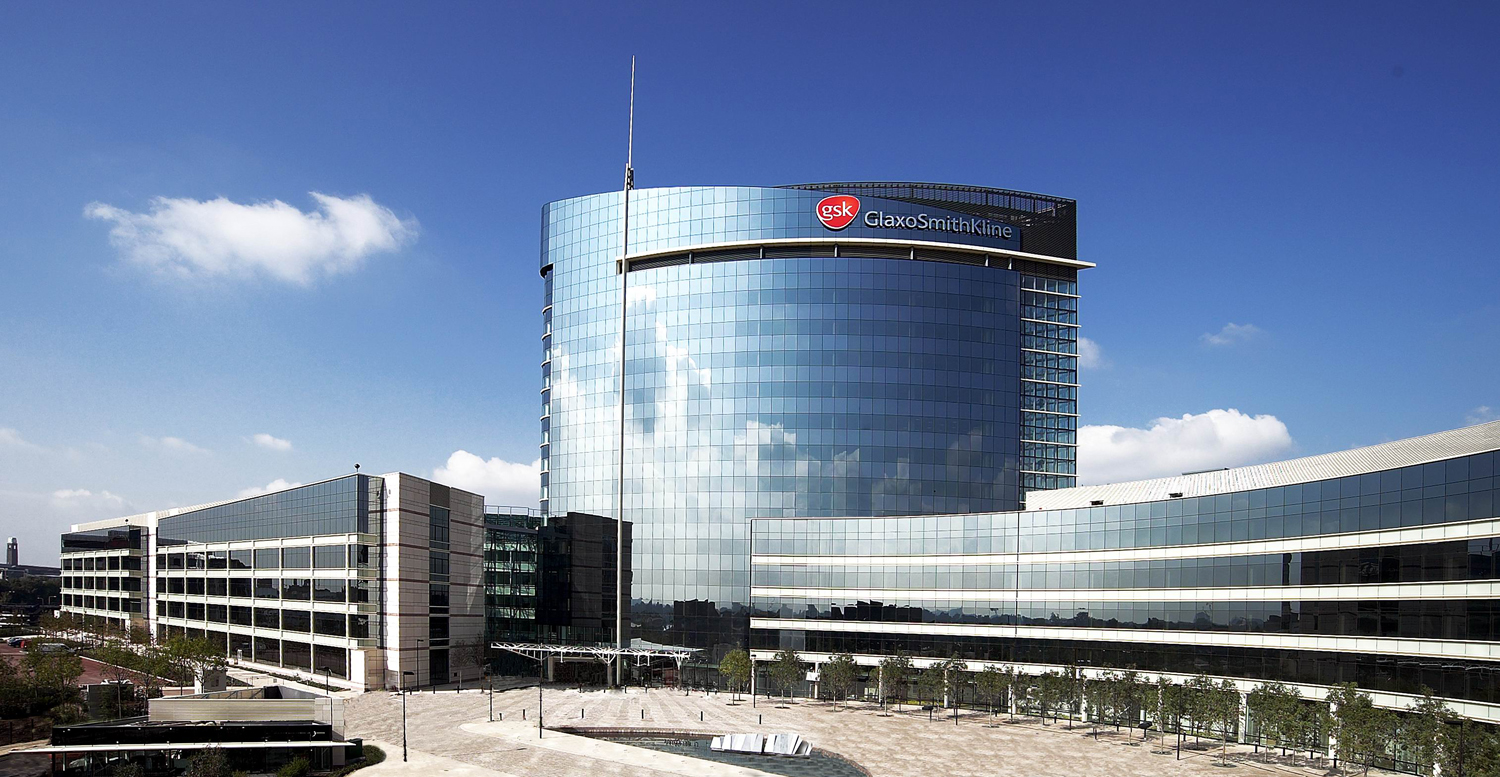Blog
BLOG: UK large cap pharma – risk vs reward

The pharmaceutical sector in the UK has long been dominated by two names – GlaxoSmithKline (GSK) and AstraZeneca (AZN). Given their volatile nature, are the returns worth the risk?
Investors in GSK and AZN have been left with a binary choice which over the years has brought divergent returns. Although both names have outperformed the FTSE 100 Index over the longer period, investors have had to ride out periods of high volatility.
On a total return basis, an investment in GSK has been the right call over the one to three-year period, but further out AZN has produced the superior returns over five-10-years. In the case of AZN, the shares have returned over 11.4% per annum on a total return basis over the last decade vs the FTSE 100 which has managed 5.6%.
AstraZeneca
The recent earnings reporting season brought a timely reminder for investors of how volatile investing in the pharmaceutical sector can be. AZN recently announced disappointing clinical data with its MYSTIC trials failing to meet its end point. The shares plunged over 15% on the news leaving investors with a dilemma – do they continue to back the management team or redeploy their funds in another name in the sector? There are two more results due from the MYSTIC trials in 2018, but this early setback doesn’t augur well for a therapy that was forecast to have peak sales of $4bn in 2023.
Shareholders have suffered a rollercoaster ride recently with increased share price volatility off the back of rumours of the CEO abandoning ship to join a generics business and this pipeline failure will only add further pressure on the CEO, Pascal Soriot, who has promised much when he rebuffed a premium bid by Pfizer in 2014. The 5% yield may provide a floor in the near-term, but investors will be looking to the CEO to begin to deliver on his ambitious targets.
GlaxoSmithKline
The decision to appoint a CEO earlier this year with a marketing background was a surprise for many shareholders. The previous management has faced calls from some prominent fund managers in the City to break up the business along its three business divisions to unlock greater value from within the company. However, the new CEO, Emma Walmsley, has wasted little time in setting out business priorities to 2020 with a renewed focus on pharmaceutical R&D on 4 core areas – respiratory and HIV/infectious diseases, oncology and immuno-inflammation.
In addition, the decision to improve cash generation and the credit profile is long overdue given the near doubling of net debt to £15bn since 2015. The ability to manage the debt burden will have a meaningful impact on the dividend in 2018 when the company is set to announce a new dividend policy. Income investors will have been reassured on the dividend front with management committed to paying 80p in dividends per annum till 2018. Investors will welcome the growth in new product sales of £1.7bn and positive updates in the pipeline for HIV drugs and vaccines.
Outlook
Investors need to be cognisant of the different risk and reward profile that both companies offer. AZN has remained a pure play pharmaceutical company focused on R&D which brings along higher levels of risk and volatility. GSK’s model is very different with a lower risk profile where revenues are diversified through three divisions – consumer healthcare, vaccines and pharmaceuticals. It should come as no surprise that GSK has been a mainstay for UK income investors, having paid out over GBP 70bn in dividends and share buybacks since the turn of the century. AZN makes its distribution in US dollar, but isn’t too far behind having paid over $70bn in dividends and buy backs during the same period.
Although both GSK and AZN shares have underperformed over the past 12 months versus the FTSE 100 over the same period, both names remain on undemanding valuations offering a yield in excess of 5%, the highest in global large cap pharma.
The dilemma faced by investors is the highly divergent risk profiles – GSK offering a business that has been de-risked via the diversified revenue stream versus AZN where the pipeline risk is significant in 2018.
Ketan Patel is co-fund manager of the Amity UK fund at EdenTree Investment Management